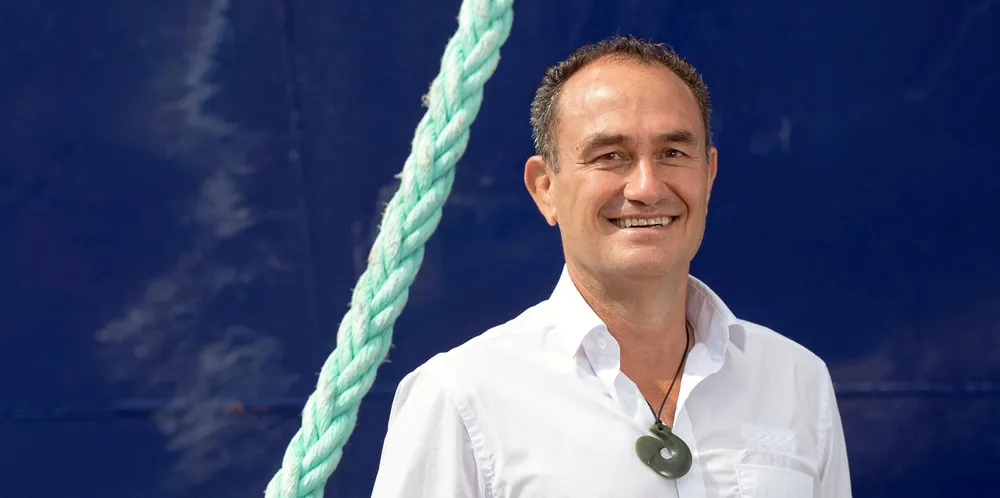The armed services, liquor and the law: Sealord's CEO tried, and failed, to stay out of seafood
A family man with a new love of group workouts, the executive is a people person through and through.

A family man with a new love of group workouts, the executive is a people person through and through.
